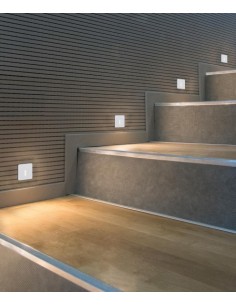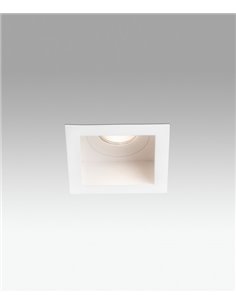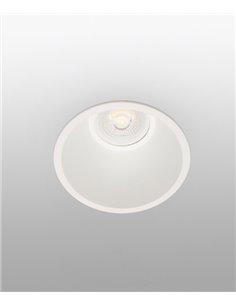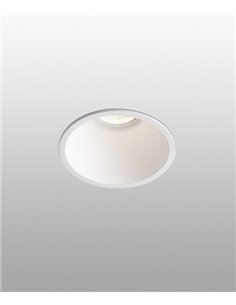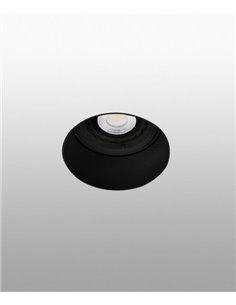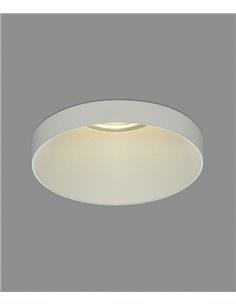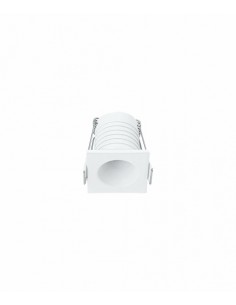- Home
- Type of lamp
- Ceiling Lights
- Downlights & Spotlights
Downlights & Spotlights

The advantage of downlights is that they take up little space and are unobtrusive. Round lights, square lights, portholes, plaster lights... Every room and every type of ceiling needs a different one, from the most minimalist and simple designs to classic models with special and decorative ornaments. Such is the supply that it is difficult to find the most suitable one for our needs. The only thing to consider before deciding is the hole’s size and the number of points that we will need for a specific room. The good news is that both their installation and their subsequent maintenance do not require anything special. Given that they project light evenly downwards – free from shadows and dark spots, we will not have to worry about adding additional lights. LED downlights cannot be forgotten, as they are the most sustainable and worthwhile option. These small spotlights will be the best choice for you provided that you are keener on minimalist spaces.
What to consider when buying a downlight or recessed spotlight?
It is important to consider several factors such as size, light angle, orientation, design, and the number of units required for effective illumination. Smaller spotlights with a narrow angle (between 20° and 40°) are suitable for accentuating details and specific areas, while larger models with a wider angle (60° to 120°) provide even lighting, suitable for large spaces such as living rooms or kitchens.
To calculate the right quantity, it is best to estimate between 400 and 600 lux per m² in work areas (e.g. offices or kitchens) and between 100 and 300 lux in rest areas such as bedrooms and living rooms. A spacing of 1 to 1.5 metres between light points is recommended, depending on the size of the downlight and the room.
LED recessed downlights stand out for their energy efficiency and durability. For colour temperature, warm light (2700K–3000K) is recommended for cosy environments, and cooler, more neutral light (4000K–5000K) for work areas. The dimming option is also very useful, as it allows you to adjust the ambience for different times of the day.
In terms of aesthetics, they are available in round, square, or rectangular shapes and in various colours, although the preferred colours remain white or black.

